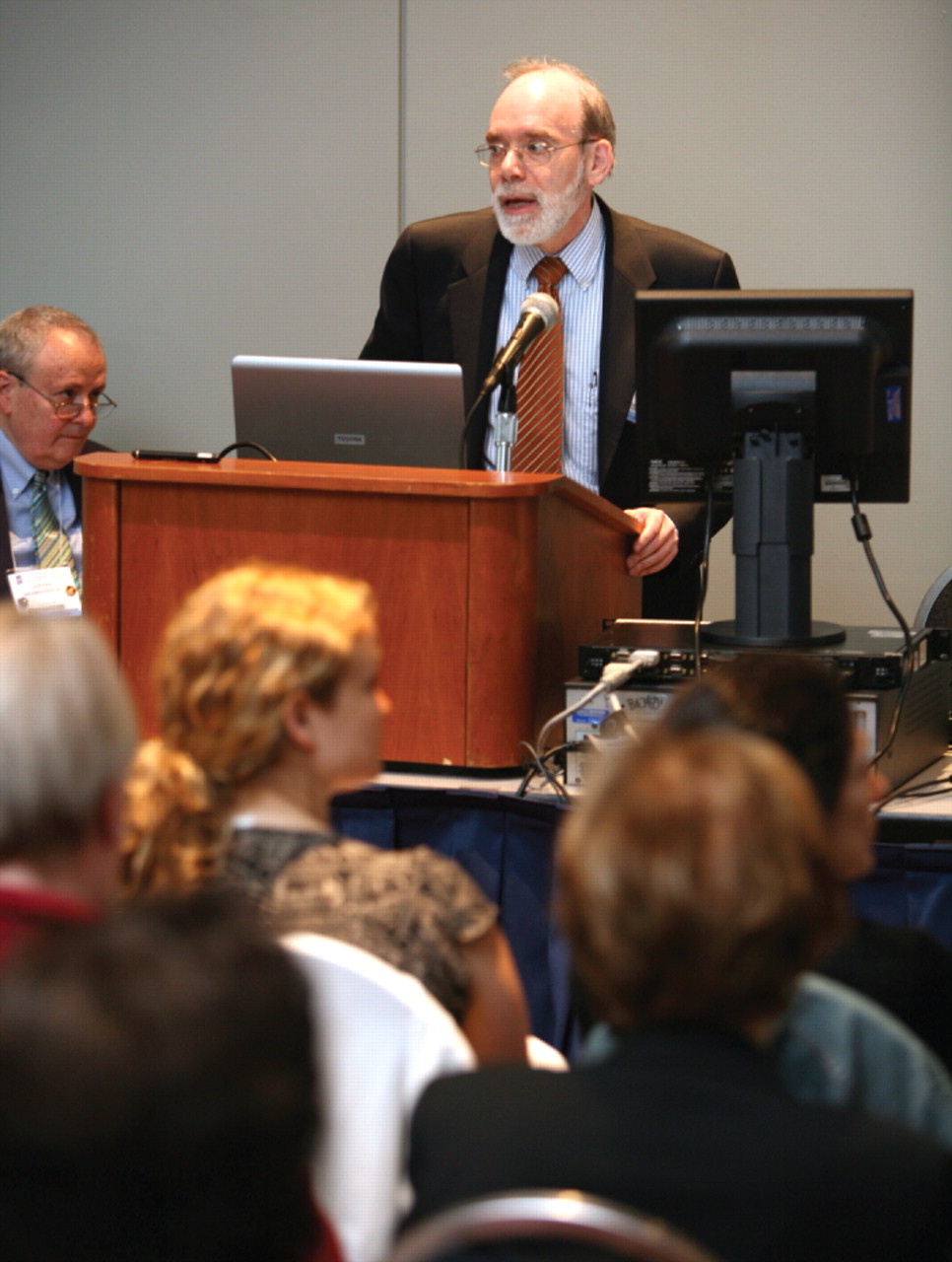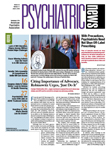University administrators must move beyond harsh and erratic responses to students with psychological problems, said a panel of experts at APA's 2008 annual meeting in Washington, D.C., last month.
Colleges and universities may be more anxious today about the mental status of their students because of the murderous incidents at Virginia Tech and Northern Illinois University, but that's not the only reason.
“More and more of the 18 million students on college campuses today have a prior psychiatric history,” said Jerald Kay, M.D., a professor of psychiatry at Wright State University School of Medicine in Dayton, Ohio, and chair of APA's Corresponding Committee on Mental Health on College and University Campuses. “About 45 percent of students in one survey self-reported depression, and 10 percent acknowledged suicidal ideation.”
Perhaps 25 percent take some kind of psychiatric medication, 23 percent meet criteria for alcohol or drug dependence, and 44 percent admit to binge drinking, he said.
Problems often start before college with a high-stress, high-stakes admissions process on top of any diagnosed psychiatric problems, added Victor Schwartz, M.D., university dean of students at Yeshiva University in New York.
“College students are legally adults and entitled to presumptions of privacy and autonomy,” said Schwartz. At the same time, compared with previous generations, many have been more sheltered growing up, with greater parental involvement in their education. Students want freedom and structure at the same time.
When problems do arise on campus, the university's desire to hustle a student out of the dorm and back home may be rationalized as good for the greater community, but only rarely makes sense, said Paul Appelbaum, M.D., the Elizabeth K. Dollard Professor of Psychiatry, Medicine, and Law and director of the Division of Psychiatry, Law, and Ethics at Columbia University.
Students given a mandatory leave of absence may be out of sight and out of mind from the administration's point of view, but they are also away from the supports provided by other students and counselors, said Appelbaum, who is also a former APA president and past chair of APA's Council on Psychiatry and Law. If talking about their problems means being suspended, students will only hide them more deeply and choose not to seek help. And their friends won't talk for fear that the student will be punished.
These students also miss the chance to perform academically despite their psychological problems, he said. Going home might not be a good solution either, especially if that's the source of some of their problems.
“Home is not always a sanctuary,” said Appelbaum. “not that it's never appropriate to send a student home, but that should be an individualized determination, not a reflexive policy.”
The interchange of information—or the lack of it—between student, parents, and university is another complex and murky point, said the speakers. Several federal laws govern control and release of health and educational records, but frequent misunderstanding of these laws often provokes exaggerated fears among administrators, said Appelbaum. College officials have hesitated to disclose information about a troubled student, even to parents. Some colleges now encourage students to sign forms voluntarily when they first enroll to permit disclosure to parents.
“There are good reasons to limit non-consensual disclosure, but liability concerns should not overwhelm good judgment,” said Appelbaum.“ Any exception requires an articulable and significant threat to self or others.”
Greater communication among all parties might be a good start, said Schwartz.
“Talk before the crisis happens, and learn from each other,” he said. “Know the law well to avoid unnecessary anxieties. Remember that every situation is unique, no one can predict the future, and we must be prepared that bad things can still happen.”
The most protective defense for universities against liability is to act like good therapists and put students first, said Appelbaum.
“Avoid blanket policies, do an individual medical and mental health evaluation, and assess risk,” he said. “While some students won't be able to continue their enrollment, they should have access to due process and a right to appeal.” ▪

